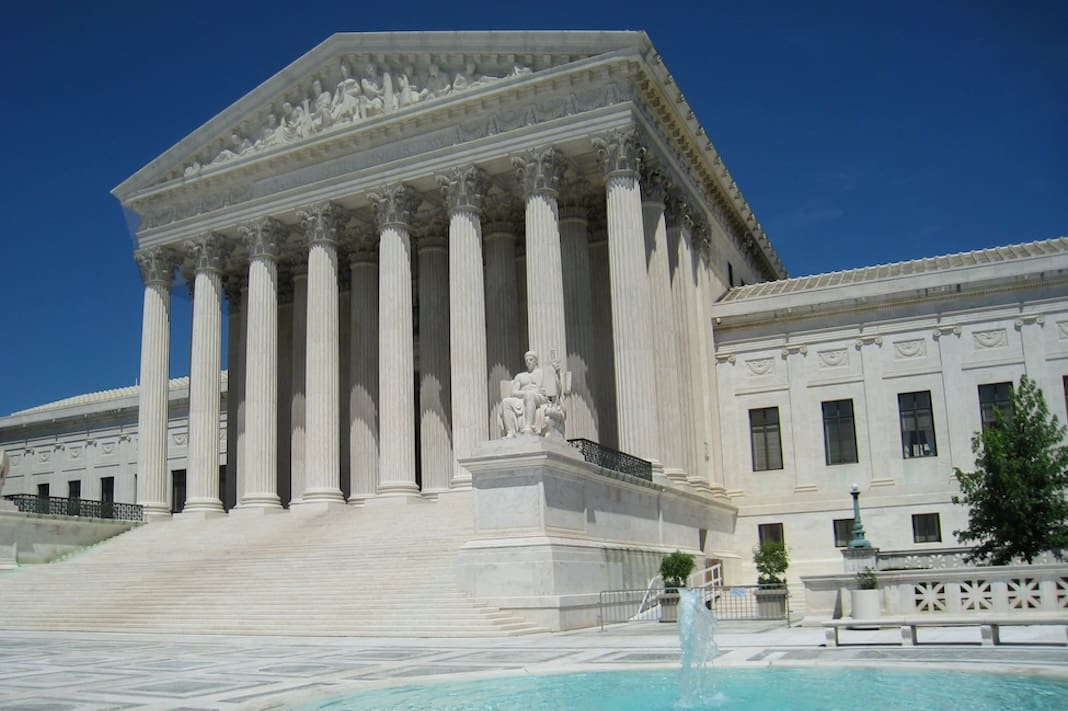Republicans have fired 21 of Gov. Evers’ appointees since 2019
The ongoing battle could have a chilling effect on future Wisconsinites looking to serve.

On Tuesday, Republicans controlling the Wisconsin State Senate voted to fire eight more of Democratic Gov. Tony Evers’ appointees to various governing bodies, marking 21 total nominees who have been fired since Evers took office in 2019.
Evers called the actions by Republicans baseless and a form of payback. He immediately appointed a new round of nominees to replace those who had been rejected.
“These volunteers have done nothing to earn the political wrath of these Republicans — nothing,” Evers said in a statement. “It’s obvious this is about Wisconsin Republicans exacting their political punishment and retribution on Wisconsinites who’ve volunteered to give their time, expertise and experience to serve our neighbors and our state. And that is a damn shame.”
The growing list of fired nominees has become symbolic of the thorny relationship between Evers and Republican state legislators. It’s also a dramatic shift in the relationship between a governor and a Legislature. In the 40 years prior to 2019, the Senate only rejected four nominations put up by a governor, according to WisPolitics.
When Evers started his second term in January 2023, 180 of his appointees remained unconfirmed, including five Cabinet members.
“It is clear that the politics of executive branch nominations have changed dramatically under Gov. Evers. I think two factors are at play: Divided government and partisanship,” said Anthony Chergosky, a political science professor at the University of Wisconsin–La Crosse.
Who was fired this time?
In the latest round of rejections, Republicans fired two unconfirmed Universities of Wisconsin regents, John Miller and Dana Wachs. They happen to be two of the regents who voted against Republican Assembly Speaker Robin Vos’ plan to freeze hiring for diversity positions in exchange for UW raises last December. They’re the first regents to be ousted since 1991, according to Wisconsin Public Radio.
Republicans also rejected four nominees to the Wisconsin Judicial Commission, a body that investigates alleged misconduct against judges. Yulonda Anderson, Janet Jenkins, Judy Ziewacz and Jane Foley were all blocked from joining the commission. Last year, Republicans criticized them for refusing to say how they would handle complaints lodged against liberal members of the Wisconsin Supreme Court, including newly elected Justice Janet Protasiewicz.
Senate Republicans also voted against Mildred Gonzales’ nomination to the governor’s domestic violence council, but refused to tell Democrats why, according to the Associated Press. They also chose not to confirm Terrance Craney as a member of the Deferred Compensation Board, but it’s unclear why as there was no debate.
Who has been fired in the past?
Republicans have ousted a slew of Evers’ other nominees over the last five years, touching all corners of government from the Wisconsin Elections Commission to bodies overseeing livestock facilities.
One of the most high-profile and controversial rejections, though, happened in 2019, when Republicans voted to fire Brad Pfaff from his post as Wisconsin’s Department of Agriculture, Trade and Consumer Protection secretary after he disagreed with Republicans over delayed funding for farmer suicide prevention. It was the first time on record that the Senate rejected a governor’s Cabinet nominee, according to the Wisconsin Examiner. Pfaff, a Democrat, is now a state senator representing the 32nd Senate District.
Nominations to the state’s Natural Resources Board’s membership have also been contentious. Republicans played a part in allowing a Republican appointee to stay on the Natural Resources Board for nearly two years after his term expired even though Evers had nominated someone else to fill his space. The issue went all the way to the Wisconsin Supreme Court, which in June 2022 ruled that the appointee could stay on the board until his replacement was confirmed by the Legislature. That never happened.
Why does it matter?
While nomination processes are often contentious by nature, Chergosky said it’s important that there’s a balance between negligence and overreach during the review.
“Generally speaking, effective governance requires the legislative branch to avoid being a ‘rubber stamp’ to the executive branch’s nominees, while also not going too far in rejecting qualified and ethical nominees,” he said.
One possible impact of this ongoing battle over nominations is the precedent it might set, Chergosky said. If firing nominees becomes routine, it may discourage people from wanting to serve on government bodies in the future.
“Will it now become more routine and expected for the state Senate to reject a governor’s nominees, particularly during periods of divided political party control of government? In other words, have the norms surrounding these nominations changed in a way that will last beyond Gov. Evers’ tenure in office?” he said.




